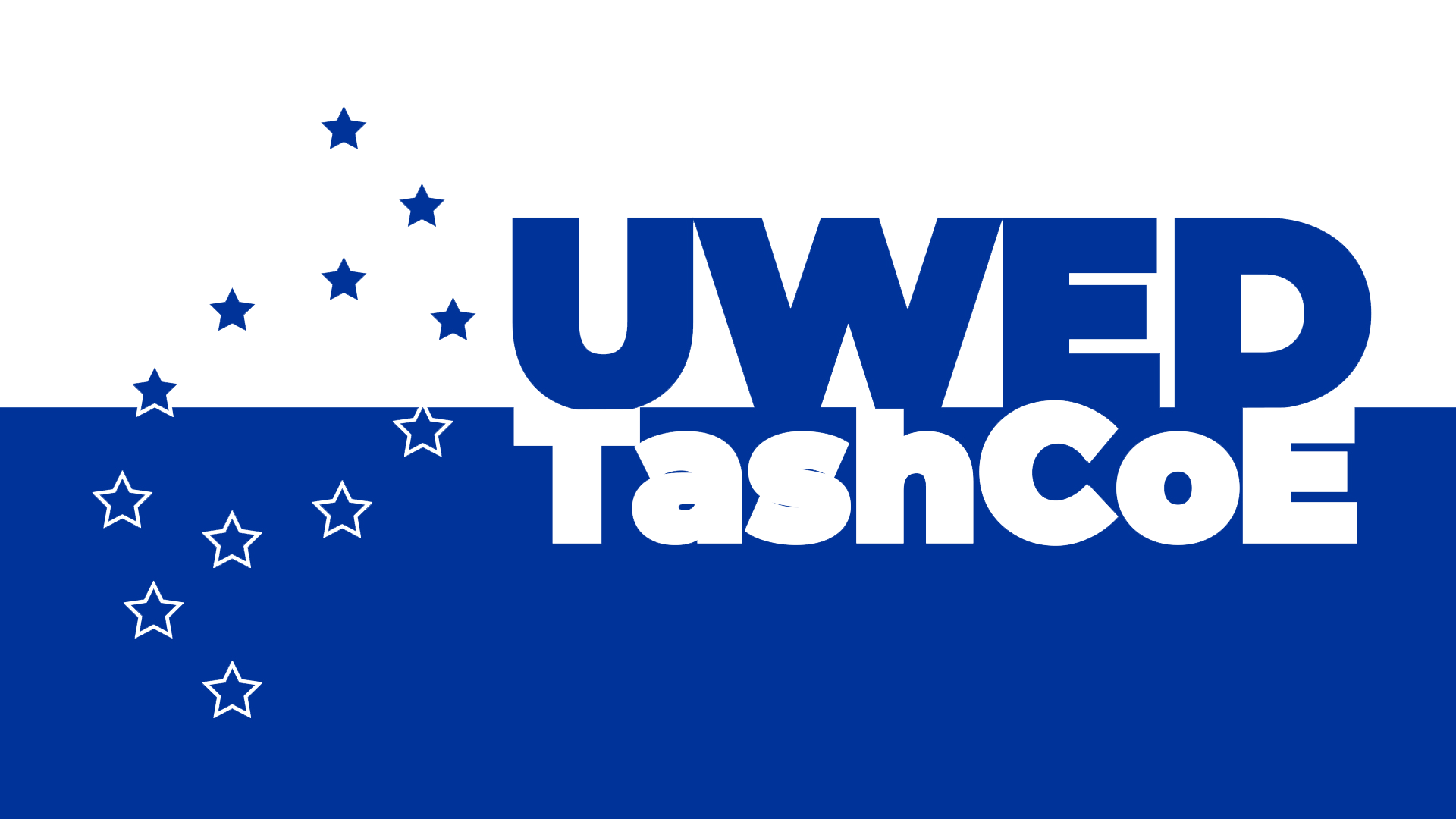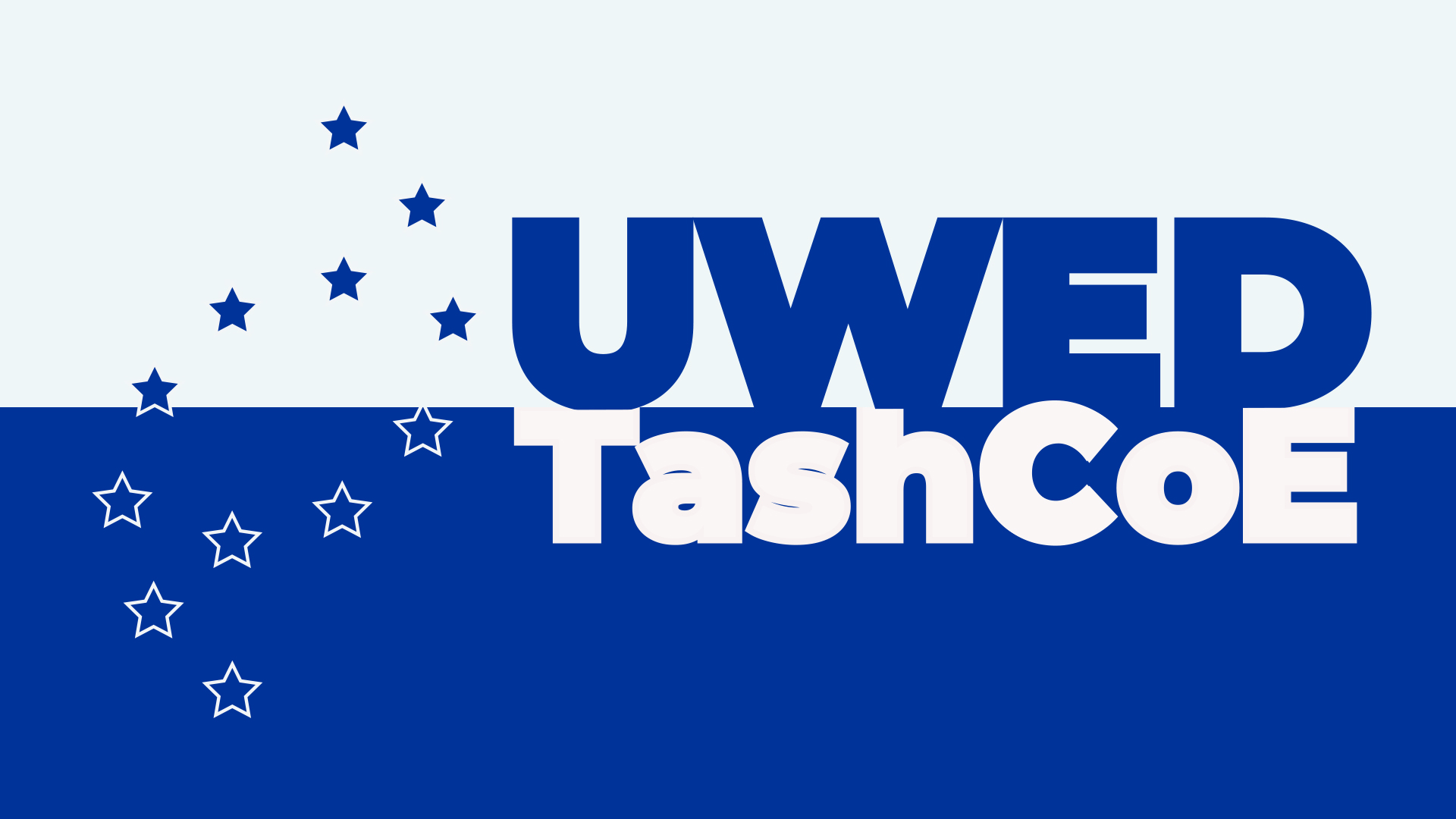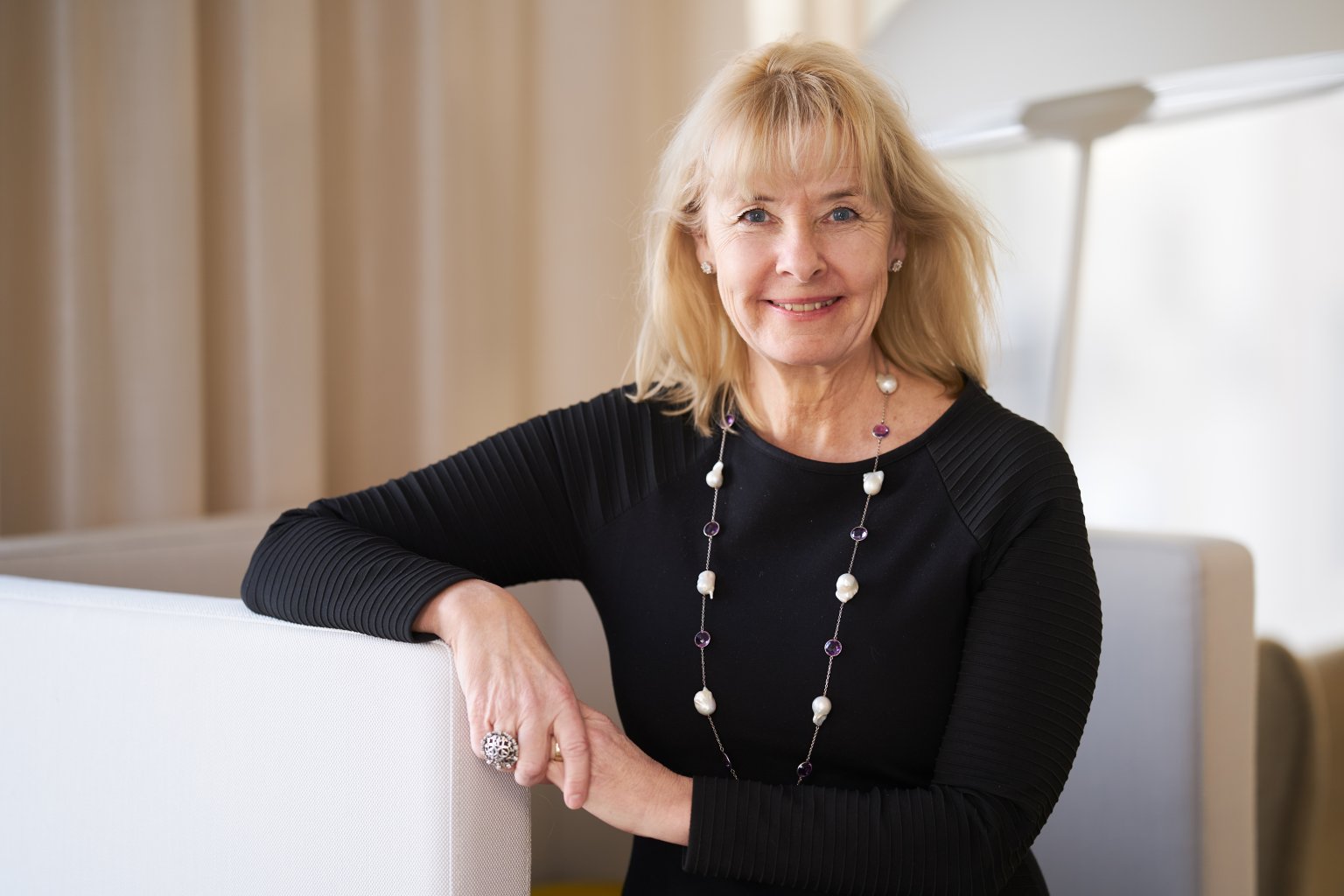Tashkent Jean Monnet Centre of Excellence in European Studies
International Roundtable: “EU-Central Asia relations: visions on engaged history and future”, 17 July 2021
EUSR CA remarks
I am glad to see that discussions on the implementation of the EU Strategy on Central Asia: The EU and Central Asia: New Opportunities for a Stronger Partnership adopted in 2019 continues to generate interest among researchers and practitioners alike.
We continue to count on the research community together with other civil society representatives, to generate new, innovative proposals and recommendations on how to strengthen the implementation of this Strategy at policy and programmatic levels. For example, our annual EU – Central Asia Civil Society Forum presents a key opportunity for the civil society to contribute to the development of the EU – Central Asia partnership.
As you know, over the past years, the relations and partnership between the European Union and Central Asia have acquired new quality and dynamism. We see Central Asia as a strategic region linking Europe and Asia together. It is demonstrated by the top level participation in the Tashkent Connectivity Conference. EU is also Central Asia’s top trading partner, the biggest investor and a leading donor in the region.
The breadth of engagement and cooperation illustrates the EU is strongly committed to stable, resilient and prosperous Central Asia. It wants to strengthen its role as a partner for the Central Asian countries in the reform processes, as a supporter of their integration in the world trading system and of regional cooperation efforts.
At the moment, the situation in Afghanistan is the most pressing issue for all of us both in the EU and in the region. Lasting peace and stability in Afghanistan is a common goal for all of us. Central Asian countries have important contributions to make to this common goal. As highlighted by the High Representative of the European Union for Foreign Affairs and Security Policy and Vice President of the European Commission Josep Borrell at the Tashkent Conference, connectivity, stability and security go hand in hand, and are pre-requisites for each other.
EU’s connectivity agenda is ambitious. On 12 July, the EU Foreign Ministers adopted a new policy entitled “A Globally Connected Europe”, which re-affirms our commitment to sustainability, partnerships and a level playing field. The EU has a significant track record in the region on support for connectivity. This includes our support for integrated border management, trade facilitation, energy interconnections and people-to-people contacts.
The COVID pandemic has given a further impetus to the diversification of supply chains and trade routes. It also highlighted the importance of digital connectivity, and the need for a greener and healthier planet.
The key EU initiatives, in particular, the European Green Deal, the new Digital Agenda as well as the EU Strategy on Connecting Europe and Asia provide new opportunities for the EU-Central Asia partnership and exchange of the best practice and expertise also accumulated by the European private sector.
We also want to step up our cooperation with the region on water management and energy. Central Asia is particularly vulnerable to climate change and its consequences, such as the melting of glaciers. While restricted access to limited water resources brings obvious risks of competition and conflict, cooperative management of these resources can bring great rewards, not only in access to water itself but also in access to sustainable energy. The European Union is contributing to this cooperation through both dialogue and concrete projects. We very much welcome next year’s International High-Level Water Conference in Dushanbe on this important topic.
In both of the fields I just mentioned – digital connectivity and the energy-water nexus – the EU has the advantage of being able to count on all of its Member States and financing institutions, in the format which we have called “Team Europe”. I am therefore delighted to announce that we are working on two regional “Team Europe initiatives” for Central Asia, respectively on digital connectivity and on water, energy and climate.
The immense challenge of recovering from the current crisis must leave no one behind. Our current juncture is one of opportunity but also of risk, and the EU will pay special attention so that issues of human development and gender equality are not neglected.
Gender equality and full enjoyment of all human rights by women and girls and their empowerment are at the core of European values. As this issue is close to my heart, I was happy to hear from my predecessor that our Central Asian partners themselves suggested focusing on promoting gender equality and women’s rights when implementing priorities of the Strategy.
While expecting more progress in reforms we fully understand the complexity of challenges that the countries of Central Asia and their societies are facing. One can note a growing understanding of the importance on progressing on the rule of law, democratic governance, gender equality and human rights, which are key elements for the EU cooperation with its partners around the world. It is encouraging to see that these principles find their place in the National Development Strategies of our partners, including in the ambitious reform programme initiative by the President of Uzbekistan, Shavkat Mirziyoyev.
Finally, I would also encourage you to look at the EU’s experience as a peace project, including the values and principles the EU was established upon. Whether our experience could serve as a source of inspiration and useful practices. Through our efforts, we have learned how to overcome differences and find solutions that in the end benefit everyone. In this spirit, I would like to finish by quoting the words (slightly modified) of Jean Monnet, one of the founding fathers of the European Union: “Make men (and women) work together show them that beyond their differences and geographical boundaries there lies a common interest.”
Your country/countries will be celebrating 30 years of independence this year. It is an important milestone that provides an excellent opportunity to further develop and strengthen regional dialogue in Central Asia and beyond. We are convinced that all our common challenges can only be addressed and solved together.





 English
English O`zbek
O`zbek